-

States struggle to determine COVID-19 vaccine priorities
Jan 19, 2021CGTN AMERICA: Constructing an equitable system and determining in what order people should get the vaccine has sparked some debate, which often boils down to: “Who deserves this rather than where can it do the most good,” said Center Director Dr. Matthew Wynia. “This means balancing the most high-risk folks and those who are most responsible for transmission, like prisoners. People who are in circumstances where they can’t help but spread it to a whole bunch of other people because then you could avoid these super-spreader events.”Full story -
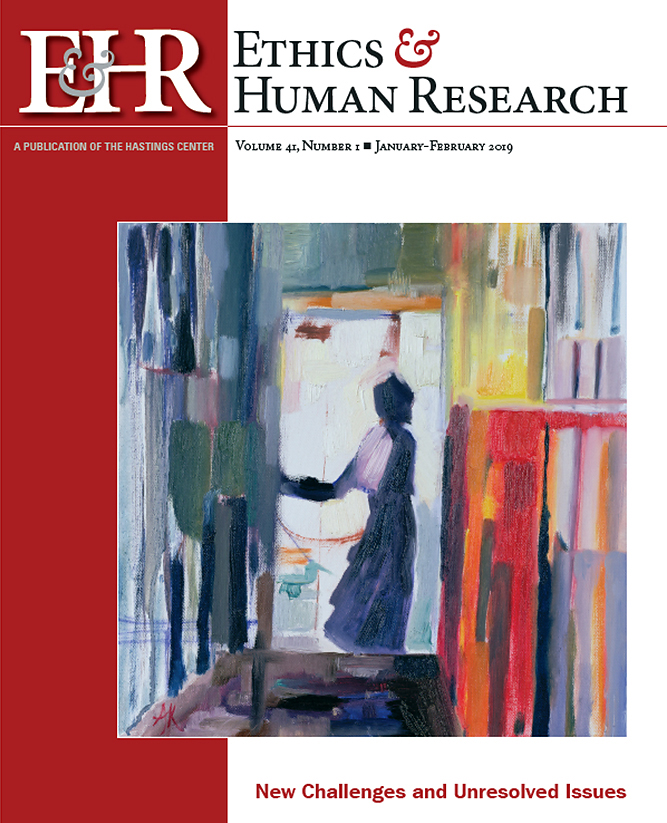
Should Participants in Clinical Trials Be Able to Withdraw from Passive Follow-Up?
Jan 19, 2021ETHICS AND HUMAN RESEARCH: A research participant’s right to withdraw from all research procedures is widely accepted, but there can be justifiable limits to a participant’s exercise of autonomy to withdraw from some procedures. Clinical outcomes trials depend on complete subject follow-up for accurate assessment of the safety and efficacy of investigational therapies. Warren Capell, Matthew Wynia and co-authors argue that a consent process that prospectively informs participants of mandatory passive follow-up is ethically justified and optimizes the balance between autonomy and beneficence.Full story -
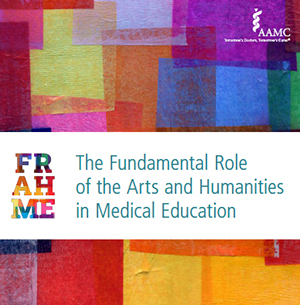
Why we need the arts and humanities to get us through the COVID-19 pandemic
Jan 6, 2021USA TODAY: David J. Skorton and Lisa Howley wrote an opinion article about the monograph, "The Fundamental Role of the Arts and Humanities in Medical Education," recently issued by the AAMC, with the objective to improve the education, practice, and well-being of physicians through deeper integrative experiences with the arts and humanities. Tess Jones, PhD, was a member of the Arts and Humanities Integration Committee, which guided and shaped the concepts in this report.Full story -

Ethical Challenges in the Middle Tier of Covid-19 Vaccine Allocation: Guidance for Organizational Decision-Making
Jan 15, 2021THE HASTINGS CENTER: This “ethical framework,” aims to help structure time-sensitive discussion of emerging ethical challenges in the middle-tier distribution of Covid-19 vaccines. Matthew Wynia, Jean Abbott and co-authors developed guidance to support equity in response to vaccine hesitancy, prioritization of health care workers and health justice concerns that integrate clinical, organizational, and public policy initiatives to uproot social inequalities that produce health inequities.Full story -

Year of the Ethicist
Jan 11, 2021COLORADO MAGAZINE-HISTORY COLORADO: Brian Jackson, MD, MA, writes, "The pandemic has exposed public health shortcomings and deadly racial inequities, propelling new ways of thinking about the health and wellbeing of our whole society, including what a “right to health care” really means. We’ve realized that a fair process for deciding how to respond might be more important than the response itself."Full story -
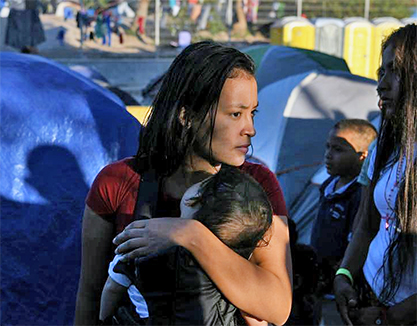
US: ‘Remain in Mexico’ Harms Children, Families
Jan 6, 2021HUMAN RIGHTS WATCH: The US Migrant Protection Protocols Program (MPP) subjects children and adults to serious, ongoing harm, including abduction and rape, and should be quickly and decisively dismantled, according to a 103-page investigative report, "Like I'm Drowning," co-authored by Warren Binford, JD, EdM. She concludes, “The MPP was crafted and carried out by US government officials who knew or should have known they were putting children in harm’s way.”Full story -
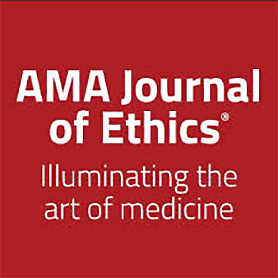
Rationing Critical Care During COVID Surge
Jan 12, 2021AMA JOURNAL OF ETHICS: In this video edition of Ethics Talk, journal editor in chief, Dr Audiey Kao, talks with Dr. Matthew Wynia about implementation of crisis standards of care in response to the dramatic surge in COVID-19 cases that is pushing the limits of US hospitals' critical care capacity.Full story -
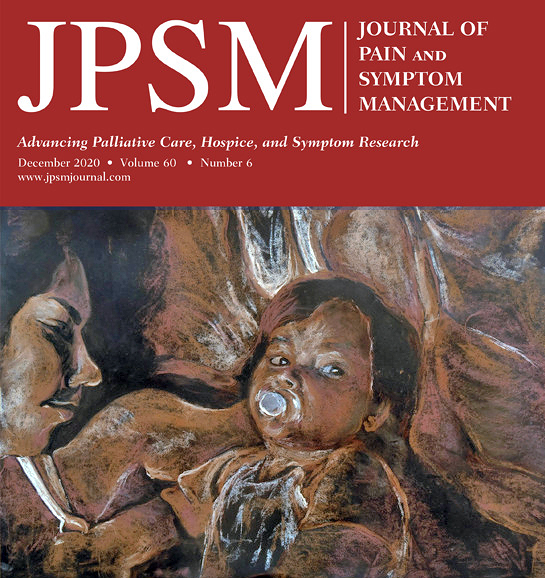
Colorado Palliative Care and Hospice Crisis Standards: Moving Beyond Critical Care Planning
Jan 10, 2021JOURNAL OF PAIN AND SYMPTOM MANAGEMENT: Jean Abbott, MD, MH, and co-authors review state and regional gaps in planning for scarcity in palliative care and hospice services during this pandemic and describe the initiatives Colorado has developed to address potential scarcities for this vulnerable and diverse group of people. They conclude that advance planning will help decrease stress on individual patients and families by helping patients, families, and their medical providers understand a patient’s wishes. On a community level, anticipation of potential needs if crisis standards of care must be activated, will decrease stress on healthcare systems by removing the burden of making allocation decisions at the bedside.Full story -
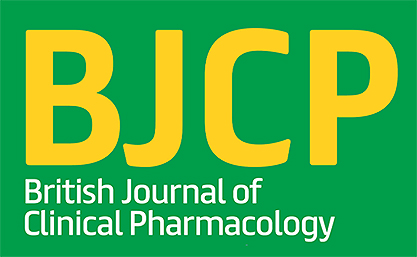
“There are ways … drug companies will get into DTC decisions”: How Australian drug and therapeutics committees address pharmaceutical industry influence
Jan 4, 2021BRITISH JOURNAL OF CLINICAL PHARMACOLOGY: Drug and Therapeutics Committees make important decisions about which medicines are approved for use in hospitals, health systems and reimbursed by insurers. Lisa Bero, PhD and co-authors examine the potential influence of conflicts of interest of committee members on these decisions and makes suggestions for minimizing this influence and keeping the decisions based on evidence.Full story -
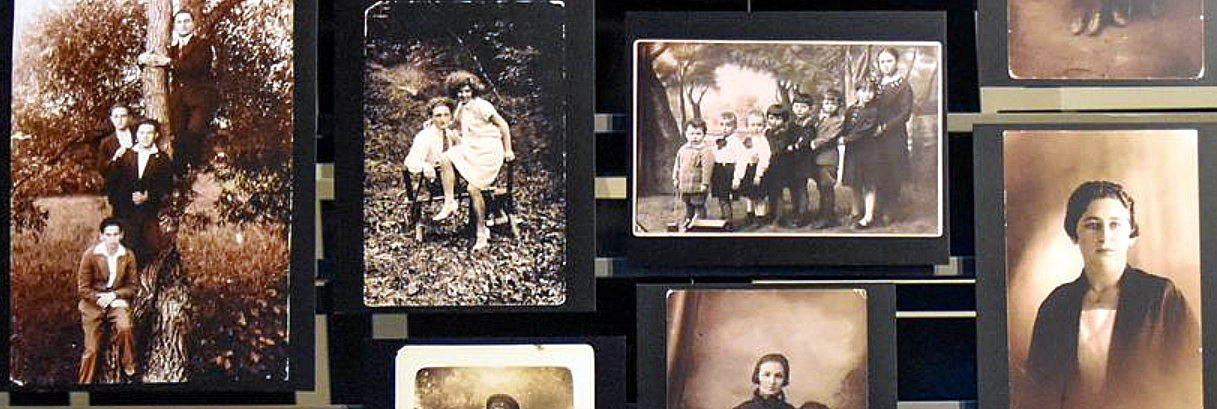
Legacies of the Holocaust in Health Care
Jan 4, 2021AMA JOURNAL OF ETHICS: This month's Journal is dedicated entirely to contemporary lessons to be learned from health professional involvement in the Holocaust. From abortion to xeno-transplantation, deliberation on almost every ethics topic in health care today—genetics, informed consent, public health, military and civilian health policy and practice, death and dying, human subjects research, and refugee care—is influenced by Nazi medical crimes. Matthew Wynia and Tessa Chelouche were co-editors and there are multiple articles featuring faculty and associates of the Center.Full story -
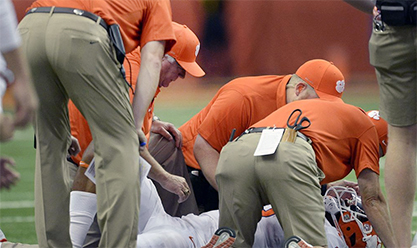
Study: College football players underestimate risk of concussion
Dec 29, 2020ATLANTA JOURNAL CONSTITUTION: Christine Baugh, PhD, MPH, and her co-authors surveyed 296 college football players from four teams in the Power 5 Conferences of the NCAA. They concluded, “That athletes underestimated their risk of concussion and injury in this study raises important ethical considerations. What is the threshold for college athletes to be sufficiently informed of the risks and benefits of football to make decisions that align with their values and preferences?”Full story -
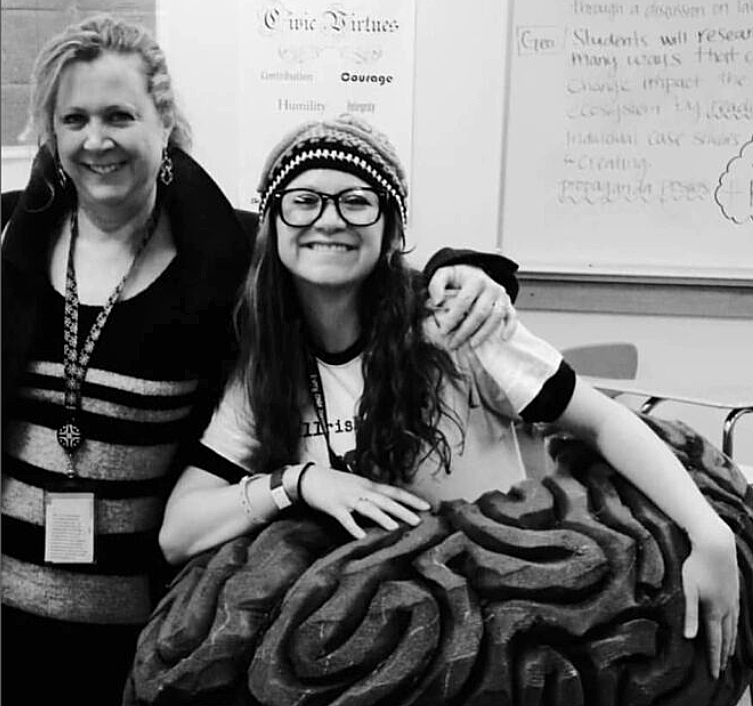
How my mom saved my life after doctors missed my brain bleed
Dec 18, 2020PBS/WHYY-The Pulse: My mom saved my life that day. But what if she hadn’t been there? What if they didn’t catch it at all? I could’ve ended up permanently disabled. Or worse — I could have died. How come everybody but my mom dismissed my symptoms? Center Director Matthew Wynia finds 22-year old Mimi Hayes quite inspiring - stroke survivor, comedian and now a budding journalist. She called to talk about medical errors and ethics...Full story -

Food Industry-Backed Research Gives Results Funders Want, New Analysis Shows
Dec 16, 2020SCIENTIFIC AMERICAN: A recent study by public health scientists at Deakin University in Australia, found that more than half of 1,461 studies yielded outcomes favorable to company products compared to less than 10 percent lacking such support. Commenting on the recent analysis, Lisa Bero, PhD, contends that industry may skew research in ways peer review cannot catch. She cites four key approaches industry uses to manipulate research: by influencing what research questions are asked, how studies are designed, how conclusions interpret data and whether unfavorable findings ever get published.Full story -
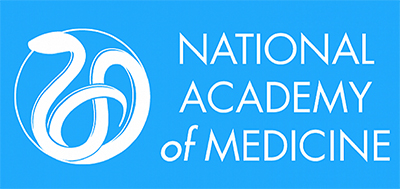
Methods to Track Health Care Worker Deaths, Burnout from COVID-19 Examined in New Rapid Response to Government
Dec 10, 2020NATIONAL ACADEMY OF MEDICINE: Months into the pandemic, there’s no reliable estimate of health care worker deaths due to COVID-19. A new rapid expert consultation, co-authored by Center Director Matthew Wynia, MD, MPH, proposes methods to track deaths from occupational exposure to the virus, and deaths by suicide. It also outlines strategies to support the physical safety and mental well-being of health care workersFull story -

Free the Separated Children. Vote Out Donald Trump | Opinion
Dec 14, 2020NEWSWEEK: Over the past four years, only a small handful of private citizens have been granted access to US government facilities to interview children and their families arriving in the United States and check if their conditions are safe, sanitary and appropriate. CBH faculty Warren Binford, JD, EdM and attorney Hope Frye were two of those citizens. In trips to over a dozen facilities and interviews with over 100 children and their families, they exposed hunger, filth, coldness, illness and shame these children have endured at the hands of the U.S. government.Full story -
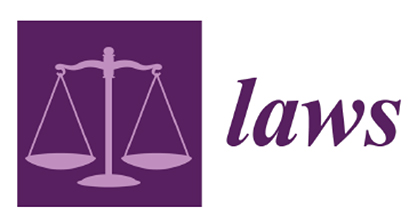
“Our Laws Have Not Caught up with the Technology”: Understanding Challenges and Facilitators in Investigating and Prosecuting Child Sexual Abuse Materials in the United States
Nov 26, 2020LAWS: The creation and distribution of child sexual abuse material (CSAM) has become one of the fastest growing illicit online industries in the United States. Warren Binford, JD, EdM and co-authors conducted interviews and focus groups with law enforcement agencies and legal representatives throughout the western United States, to understand challenges and complexities of investigating and prosecuting cases of CSAM, and as a foundation to develop best practices in this area.Full story -
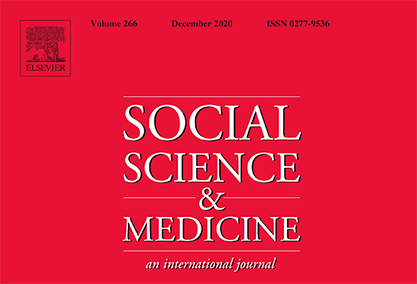
Understanding professional stakeholders’ active resistance to guideline implementation: The case of Canadian breast screening guidelines
Dec 14, 2020SOCIAL SCIENCE AND MEDICINE: When health recommendations significantly differ from, or threaten the interests, values and preferred practices of end-users, organized and often very public resistance to guideline implementation may result. Lisa Bero, PhD and co-authors explore why professional stakeholders form active resistances to the implementation of some clinical guidelines, and how professional values, perspectives, interests and/or experiences influence the stakeholders’ stance. The authors suggest strategies to mitigate and resolve these issues, including understanding resistance as a political strategy, increasing transparency of public input and coalition building as a part of the public response to active resistanceFull story -
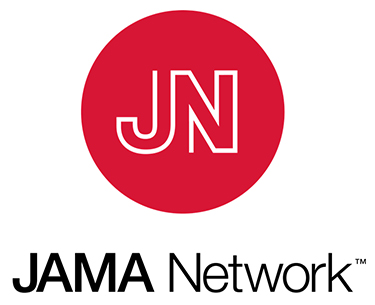
Crisis Triage—Attention to Values in Addition to Efficiency
Dec 14, 2020JAMA: In an invited commentary, Center Director Matthew Wynia writes, "A ubiquitous aim for crisis triage protocols (but not always the only aim) has been to save the most lives with the resources available. Deliberative community engagement will therefore be required to determine how to weigh these principles in triage protocols."Full story -
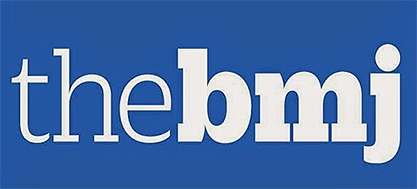
Association between conflicts of interest and favorable recommendations in clinical guidelines, advisory committee reports, opinion pieces, and narrative reviews: systematic review
Dec 9, 2020BRITISH MEDICAL JOURNAL: Lisa Bero, PhD and co-authors found a fairly consistent association between financial conflicts of interest and recommendations that favor clinical interventions relevant to the conflict. They suggest that clinicians and healthcare decision makers avoid using opinion pieces with conflicted authors and primarily use clinical guidelines that are based on rigorous methodology and have clear policies of how to manage conflicts of interest, such as excluding or minimizing the role of members with conflicts and ensuring a broad skill set in the panel. A more detailed publication appears as a Cochrane Review.Full story -
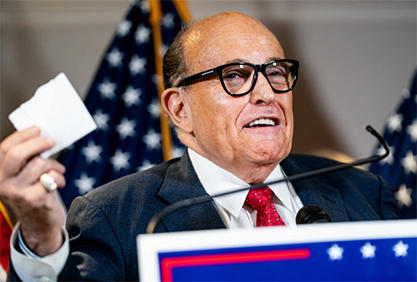
Trump and Friends Got Coronavirus Care Many Others Couldn’t
Dec 9, 2020NEW YORK TIMES: Ben Carson, Chris Christie and Donald J. Trump all have gotten an antibody treatment in such short supply that Colorado is using a lottery system. CBH Director Dr. Matthew Wynia said that giving the powerful access was patently unfair. “That’s one of the reasons why we decided that we would allocate this only through the state and only through this random allocation process,” he said, “so that no one could get a leg up by virtue of their special connections.”Full story